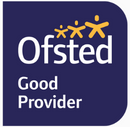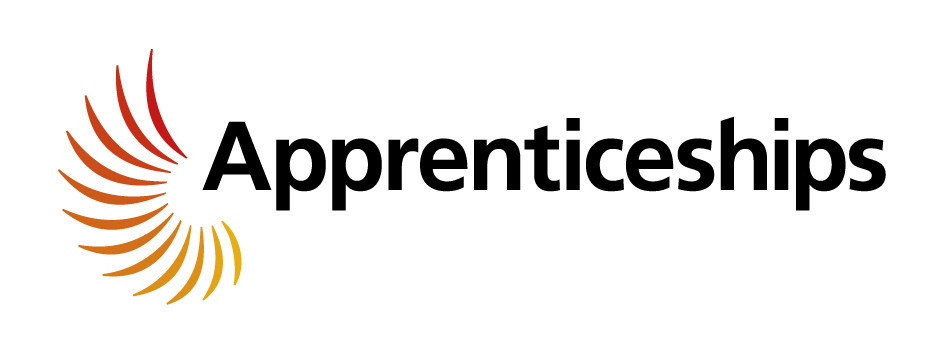Course Overview
This course has three different pathways. These are: SLD/PMLD Provision, offered at Salisbury. Lifeskills, offered at Salisbury, Chippenham and Trowbridge. Finally Employment/Vocational Study Pathways, offered at Salisbury, Chippenham and Trowbridge. More details about the pathways can be found under the 'Study, Assessment and Qualifications' section below. On our Foundation course, every learner will have a personal tutor who supports and guides them throughout their time on the programme and in achieving their aspirations. All learners also study Maths and English, and have access to staff who are experienced and specialist in working with young people with social, emotional and mental health difficulties, as well as moderate and/or specific learning difficulties.
What will I learn?
Learners will develop a wide range of necessary transferable skills such as problem solving, resilience, communication and working as part of a team, are also a major part of this programme.
To enable them to progress onto further study at Level 1 and Level 2. The list of skills are as follows:
Communication
· Writing, speaking and listening to others.
· Using body language to help communication.
· Using communication for different purposes.
· Communicating in a variety of ways, including electronic and social media (Level 1)
Working with others
· Setting common goals.
· Showing respect for others in the team and valuing their contributions.
· Listening to others in the team, being open minded.
· Taking on roles and responsibilities.
Problem solving
· Identifying issues by being able to examine information.
· Dealing with change.
· Decision making to find solutions.
· Staying with a problem until it is resolved.
· Using IT to help solve problems (Level 1)
Managing and presenting information
· Collecting and using information. (from different sources (Level1)
· Checking accuracy of information. (Determining relevance and accuracy of information Level 1)
· Organising information.
· Representing information in different ways.
· Using IT to present and store information (Level 1)
Self-management and development
· Setting goals and planning ahead.
· Being (proactive and) flexible.
· Being resilient and able to work under pressure.
· Monitoring performance and devising strategies for improvement.
· Using IT for time management. (Level 1)
Study, Assessment and Qualifications
All units will be internally assessed, tasks will vary in nature with all content designed to develop all the skills necessary to progress onto the next stage of learning.
Details for the three pathways:
SLD/PMLD Provision – Salisbury
This programme provides for the needs of individuals with profound and complex learning difficulties including sensory impairment, physical disabilities, and severe medical conditions. This programme will support all aspects of your needs including health, care, therapies (through liaising with appropriate agencies), and educational development.The course itself will support development in line with the Outcomes as presented on the EHCP. It is a very individualised programme of work.
Lifeskills – Salisbury, Chippenham & Trowbridge
This programme provides for the needs of individuals with moderate learning difficulties who want to continue to build on essential skills for living, employment and community. This programme aims to equip young people with SEND with the skills they need as they move into their adult lives. It has a focus on becoming independent, developing the ability to make good choices and other skills within the preparation to adulthood agenda.
Employment/Vocational Study Pathways - Salisbury, Chippenham & Trowbridge
These pathways are designed for students who have previously found it difficult to engage fully with their learning, not achieved sufficient levels to go into higher level programmes or unsure about their studies at this stage. The pathway will support young people who need to develop their skills and knowledge of the workplace to enhance their employability and add value to potential employers and who may be ready to progress quickly to further study or need a small sized vocational qualification to support a broad study programme. It supports the development of discrete skills, such as applying for job vacancies, developing interview techniques, and working within teams and allows for a programme of study that creates a realistic learning experience that emulates the 21st century workplace. We will work with learners to help them recognise and value their strengths, while developing a vocational focus in preparation for further education, employment or training.
Entry Requirements
No formal entry requirements are needed for this level of study. All learners are considered on an individual basis and matched to a course that is best placed to meet their needs and support them towards achieving their aspirations.






